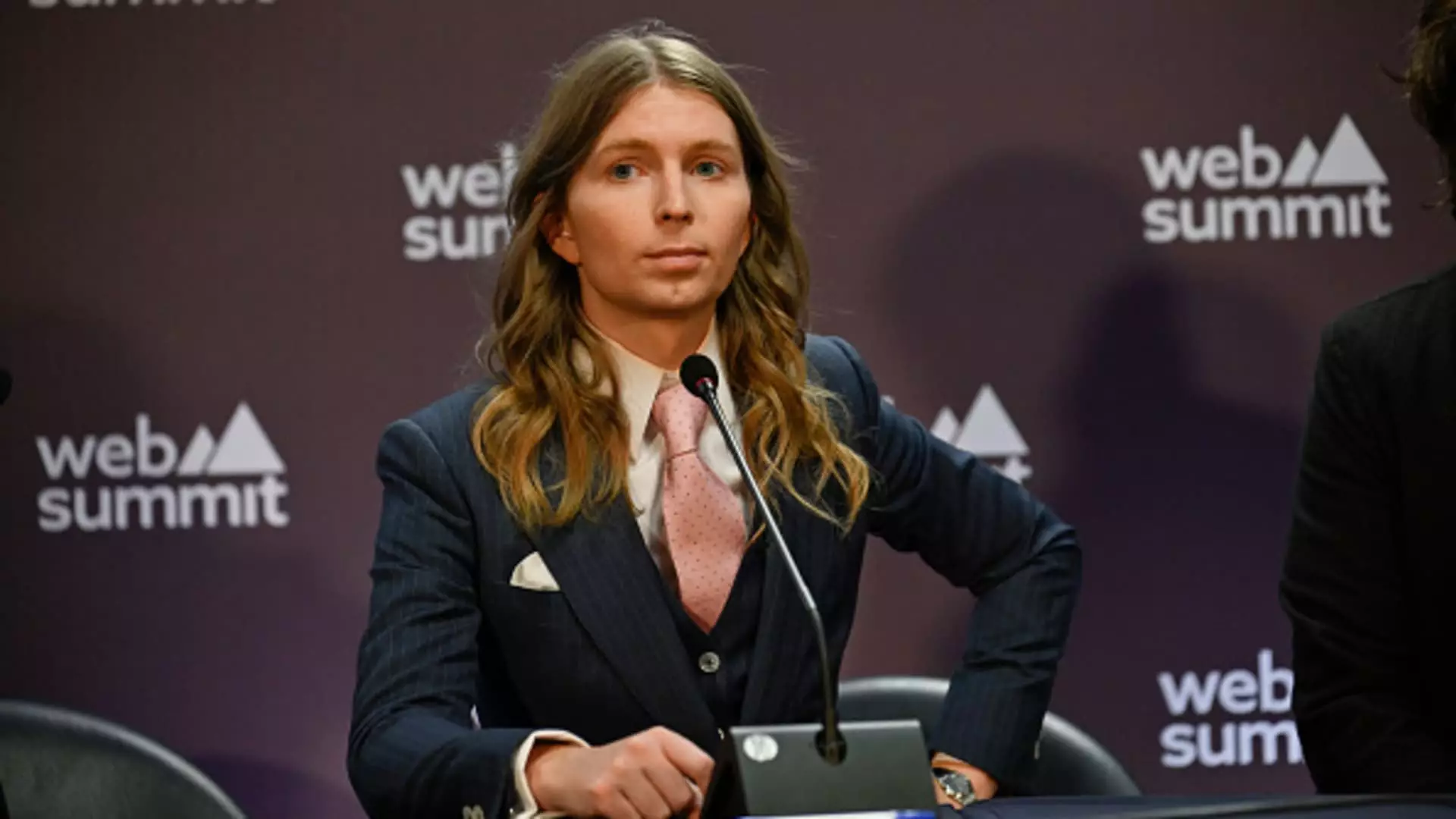In today’s digital landscape, where information is omnipresent, the issue of censorship has evolved into a critical concern. Chelsea Manning, a prominent advocate for online privacy and a former intelligence analyst, emphasizes that censorship remains a “dominant threat” in the modern age. Speaking at the Web Summit in Lisbon, Portugal, Manning argued that the nature of censorship today is multifaceted, influenced by the algorithms of social media platforms that prioritize engagement over substance. The challenge posed by censorship is not just about what is silenced, but rather who has the power to determine what information gains visibility.
Manning’s statements underscore a pivotal question: who is responsible for censoring content, and to what end? In an era where social media monopolies dictate the narrative landscape, algorithms often amplify sensationalized content, leaving truth and context in their wake. This has arguably established a toxic environment where user engagement metrics prioritize profitability over meaningful discourse, rendering users mere pawns in a larger game of corporate strategy.
The Concept of Decentralization
To counteract the prevailing challenges of censorship, Manning advocates for a resurgence of a decentralized internet reminiscent of the early ’90s. She envisions a digital ecosystem where individuals reclaim control over their data and online identities. Central to this vision is the concept of “decentralized identification,” wherein encryption technology empowers users to verify and manage their information independently.
This approach not only aims to secure personal data but also to re-establish privacy as a fundamental right. Manning argues that such a shift requires a reconsideration of the social contract between tech companies and users—a framework that prioritizes transparency and equitable information sharing. It begs the question of how companies can maintain profitability in a landscape that encourages user autonomy. The answer may lie in innovative business models that align financial incentives with user empowerment, creating a more ethical digital economy.
Manning’s experiences as a whistleblower illuminate the complex relationship between truth, secrecy, and the dispersal of information. Having leaked classified military documents to WikiLeaks, she gained notoriety within a system that often silences dissent. She observes that the dynamics are shifting; governments worldwide are investing less in secrecy and more in a disinformation strategy. In a world flooded with information, discerning verifiable facts from fabricated narratives presents a unique challenge for whistleblowers and the general public alike.
“We’re at an interesting time because information is everywhere,” Manning states, highlighting the irony of our contemporary landscape. With nearly limitless access to data, citizens face the arduous task of navigating a sea of misinformation, where the line between authenticity and deception has blurred. Instead of a binary opposition between secrecy and transparency, today’s landscape compels individuals to engage critically with the information presented to them.
Manning’s insights prompt a deeper reflection on the future of online discourse. As social media continues to evolve, the responsibility for curating and consuming information increasingly falls on users. This necessitates a critical approach to engagement—where individuals actively question the sources and motives behind the information they encounter.
Furthermore, her vision for a decentralized internet promotes a collaborative effort to cultivate a more inclusive and equitable digital space. It challenges the prevailing monopolistic structures that have contributed to the concentration of power and ideology. By advocating for decentralized frameworks, Manning is not just foreseeing a technological shift; she is championing a cultural transformation that values accountability, privacy, and authentic communication.
In sum, Chelsea Manning’s advocacy for a decentralized internet and greater accountability in information dissemination is a clarion call for all stakeholders in the digital domain. As we navigate the complexities of information spread in the 21st century, embracing the principles of decentralization might just empower individuals, inspire critical discourse, and mitigate the looming threat of censorship. Emphasizing individual agency and a collaborative future, Manning’s vision not only recognizes the pitfalls of current digital practices but also paves the way for a more egalitarian web where truth and transparency reign supreme.

Leave a Reply